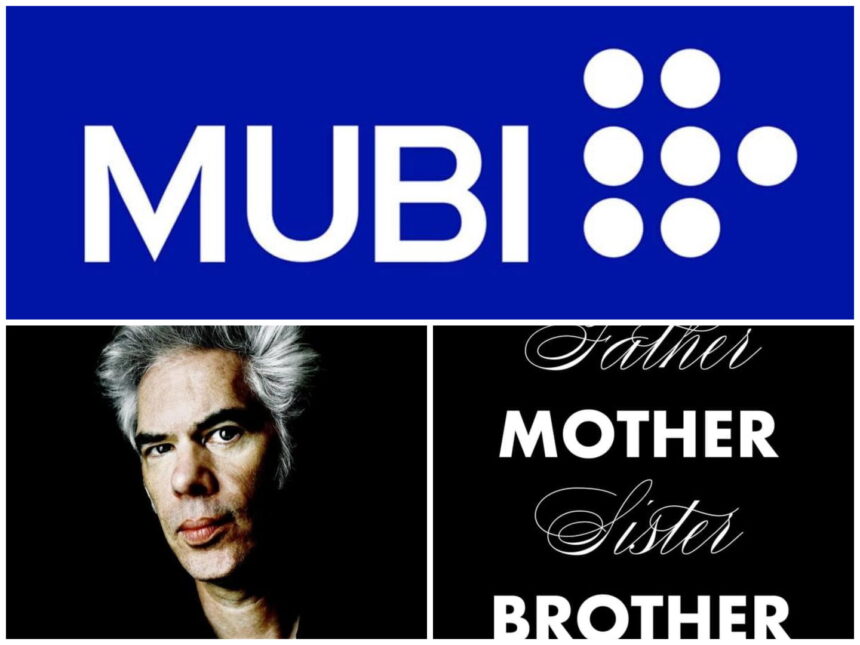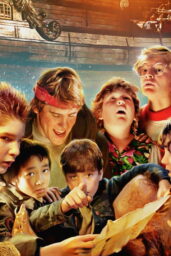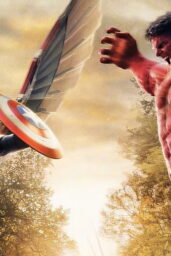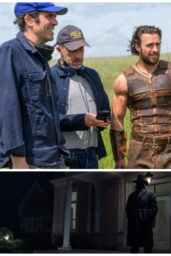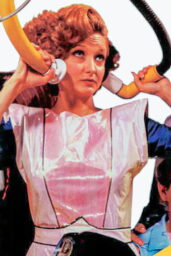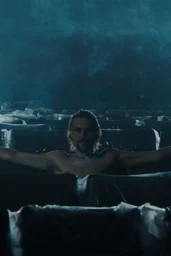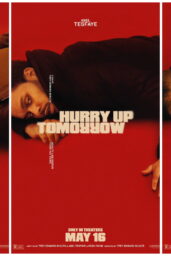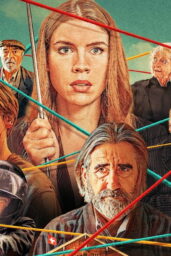Jim Jarmusch is back, and cinephiles everywhere are breathing a collective sigh of relief. After a six-year hiatus, the indie auteur has returned with Father Mother Sister Brother, a film that promises to be as enigmatic and emotionally resonant as his previous works. Acquired by MUBI and slated for a Cannes premiere, this triptych is already shaping up to be one of the most talked-about films of the year. But what makes Jarmusch's latest project so intriguing? Let's dive in.
Jarmusch's Father Mother Sister Brother is described as a triptych, a three-part narrative that unfolds across different countries and cultures. The first segment, Father, is set in the Northeastern U.S., while Mother takes place in Dublin, and Sister Brother in Paris. Each story explores the intricate, often fraught relationships between adults, children, and their distant parents. If that sounds like classic Jarmusch territory, it's because it is. The filmmaker has always had a knack for capturing the quiet, unspoken moments that define human connection, and this film seems poised to continue that tradition.
The cast alone is enough to get any film lover's heart racing. Cate Blanchett, Vicky Krieps, Adam Driver, Tom Waits, Charlotte Rampling, and Mayim Bialik bring a level of gravitas and nuance that feels tailor-made for Jarmusch's minimalist style. Blanchett and Driver, in particular, have proven their ability to convey deep emotion with the subtlest of gestures, making them perfect fits for a director who values mood over exposition.
Jarmusch's filmography is a masterclass in indie cinema. From the deadpan humor of Stranger Than Paradise to the melancholic beauty of Paterson, his films are less about plot and more about atmosphere. They linger in your mind long after the credits roll, like a half-remembered dream. Father Mother Sister Brother seems to follow in this tradition, with its focus on fragmented narratives and emotional undercurrents.
But let's not forget the elephant in the room: it's been six years since Jarmusch's last film, The Dead Don't Die. While that zombie comedy divided critics, it was undeniably a Jarmusch film through and through. With Father Mother Sister Brother, it feels like he's returning to his roots, exploring the themes of alienation and connection that have defined his best work.
Conclusion:
Jim Jarmusch's Father Mother Sister Brother is more than just a film; it's an event. With its stellar cast, evocative storytelling, and the backing of MUBI, it's poised to be a standout at Cannes and beyond. Whether you're a longtime fan of Jarmusch or new to his work, this film promises to be a thought-provoking exploration of family, distance, and the ties that bind us.
Personal Impressions:
As a longtime admirer of Jarmusch's work, I'm thrilled to see him return with a project that feels so deeply personal and ambitious. His ability to weave together disparate narratives into a cohesive whole is unparalleled, and the cast he's assembled is nothing short of extraordinary. That said, I can't help but wonder if the film's triptych structure will resonate with audiences accustomed to more linear storytelling. Still, if anyone can pull it off, it's Jarmusch.
What do you think makes Jim Jarmusch's films so unique? Are you excited to see how Father Mother Sister Brother explores the complexities of family dynamics?

